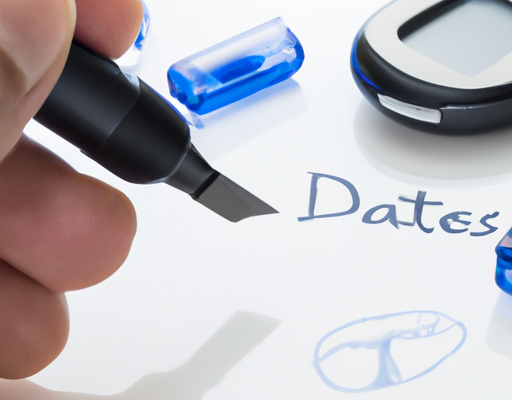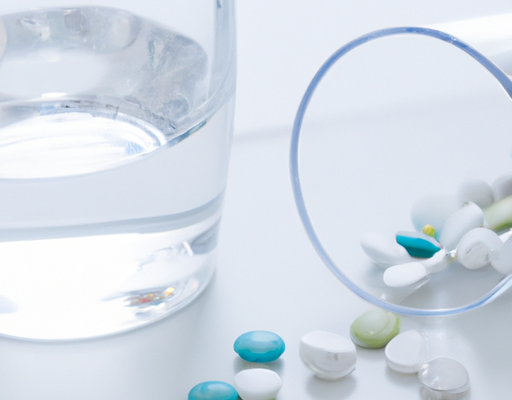1. Definition of niacin
Niacin, also known as vitamin B3, is an essential nutrient that serves many important functions in the body. It plays a role in metabolic processes, energy production, and the formation of fatty acids and steroid hormones. Niacin is also required for DNA synthesis, which is the process of creating new cells. Niacin can be found in foods such as meat, fish, and fortified cereals, or it can be taken in supplement form. When taken in large dosages, niacin can cause a niacin flush, which is a harmless but uncomfortable reaction that occurs when blood vessels widen, resulting in a warm and tingly sensation in the face, neck, and chest. Despite the niacin flush being generally harmless, it is important to take the recommended dosage of niacin to prevent any potential side effects.
2. Niacin flush symptoms
Niacin flush is a common side effect of taking niacin as a supplement or medicine. It often occurs at the start of taking a niacin medication, but the intensity of the flush can lessen with continued use. The symptoms of niacin flush can include a feeling of warmth, redness of the face, neck, and chest, and itching. Itching can be relieved by taking a cool shower, changing clothes, or applying a cold compress to the affected area. Other symptoms may include nausea, vomiting, dizziness, and headaches. In some cases, the flush can last up to several hours, and it can be accompanied by chest pain, shortness of breath, or irregular heartbeat. Seek medical attention right away if any of these symptoms occur.
3. Health conditions worsened by niacin flush
Niacin flush is a phenomenon that occurs when a person takes too much niacin, or vitamin B3. This causes a reddening of the skin, often accompanied by itching and tingling. Although the flush typically subsides after a few minutes, there are health conditions that can be worsened by taking too much niacin. People with conditions such as gout, diabetes, thyroid dysfunction and kidney disease should avoid taking high doses of niacin, as it can increase their risk of further health issues. High doses of niacin can also be dangerous for anyone with an existing heart condition, as it can cause a rapid increase in blood pressure. For this reason, it is important to speak with a doctor before taking niacin, even in small doses, if you have any of these health conditions.
4. Prevention of niacin flush
Niacin flush can be a dangerous side effect, so prevention is the best medicine. If you want to take niacin supplements, the best way to avoid getting the flush is to start with small doses. Start with just a few milligrams at a time and gradually increase the dose by no more than 25mg in one day. This will give the body time to adjust to the supplement without causing any uncomfortable effects. It’s also a good idea to take niacin supplements with food or with a full glass of water to reduce the possibility of a flush reaction. Finally, be sure to consult with your doctor before taking a niacin supplement so they can help you find the best dosage and form of the supplement that is right for you.
5. Treatments for niacin flush
Niacin flush is a potentially dangerous condition that should be treated with caution. For mild cases, reducing the dosage of niacin and avoiding alcohol and caffeine can help to reduce the severity of the flush. Other treatments include taking antihistamines, medications that reduce inflammation, and other treatments such as warm compresses and cool baths. Sometimes, medications like aspirin and ibuprofen are prescribed. In extreme cases, where the niacin flush causes significant discomfort, corticosteroids or other immunosuppressant drugs may be prescribed to help reduce the severity of the flush. However, it is important to work with a doctor to find the most suitable treatment for your condition, as every individual will respond differently to the treatments available.
6. Conclusion
As seen, the niacin flush is a common side effect of niacin consumption, but one that can be avoided by taking the correct dose. For those who do experience this uncomfortable sensation, it is important to recognize that it is harmless and should not generate any long-term effects. While the cause of the flushed sensation is still being determined, it is important to take caution when taking niacin supplements and to always follow labels and doctors instructions. Ultimately, if taken correctly, niacin can be a beneficial addition to one’s diet.





No Comments